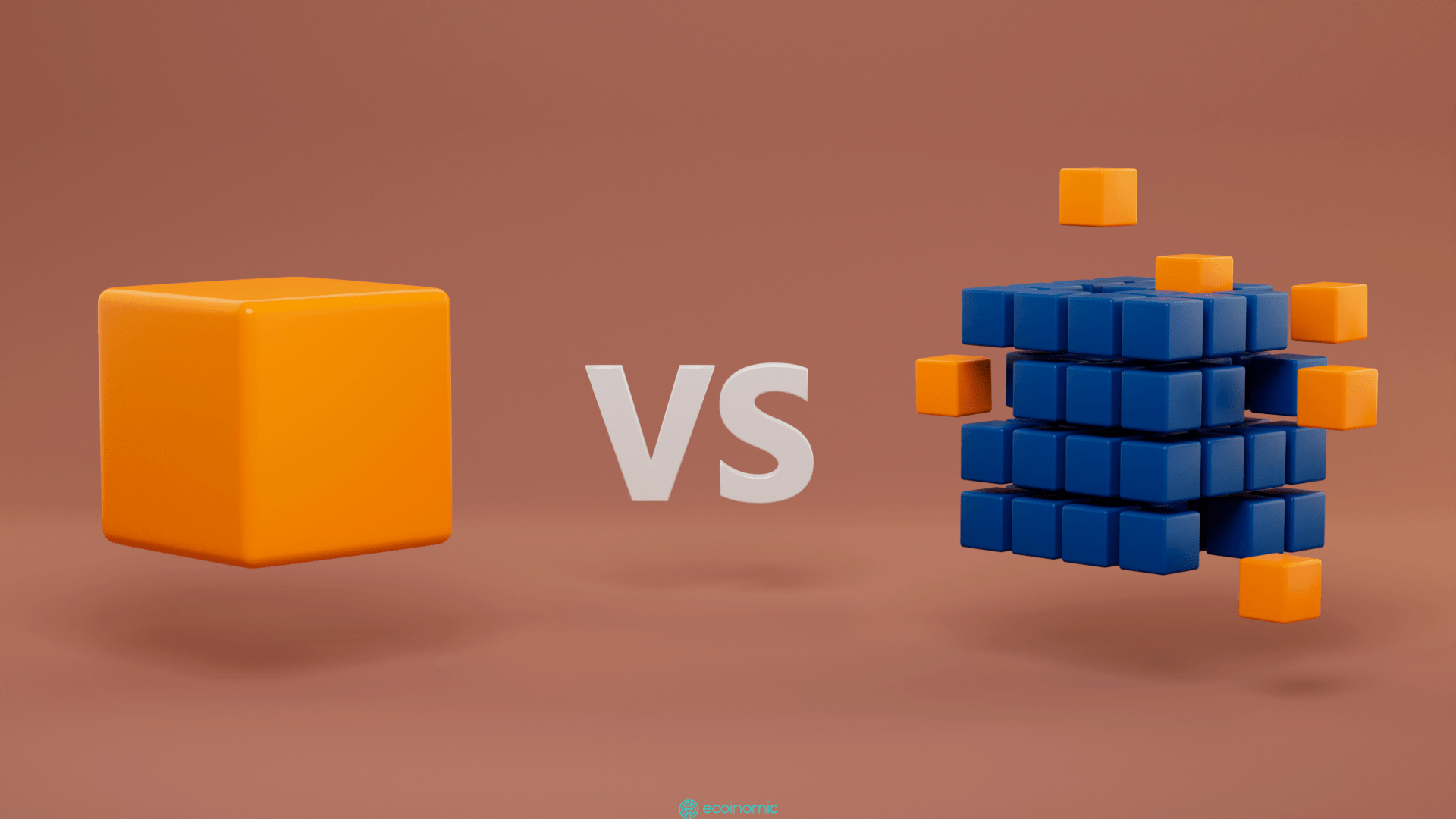Advertisement
What is a Contract for difference (CFD)?
Contract for difference (CFD) is an important financial instrument that allows investors to protect themselves from serious fluctuations in the valuation of the assets they are selling. In our modern economy, the price of assets is quite volatile. To protect sellers from losing money during the preparation of documents for the sale, buyers and sellers often sign contracts for difference.

CFDs basically ensure that the seller will receive payment for the value of the asset at the time of the agreement, even if the actual sale occurs a few months later because of the documentation and administrative procedures and causes the price of this asset to fall, this deprives them of the initial benefit they expect. Contracts for Difference (CFDs) prevent this
When signing cfDs, the buyer agrees to pay a fixed price for the asset regardless of any future fluctuations. In essence, the buyer agrees that they will include any price difference between the agreed amount in the CFD and the actual price of the asset at the time of sale.
CFDs in the crypto Space
As the world of finance grew rapidly, CFDs entered the cryptocurrency space.
Arbitrage contracts can be used to trade a variety of assets and securities including exchange-traded funds (ETFs).
CFDs trade Over The Counter (OTC) through a network of brokers that organize demand and provide the market for CFDs and make prices consistent. In other words, CFDs are not traded on major exchanges such as the New York Stock Exchange (NYSE). Instead, a CFD is a contract that can be traded between the client and the broker, who are exchanging differences in the initial price of the trade and its value when the trade is removed or reversed.
With CFDs, cryptocurrency sellers are assured that they will receive payment for the agreed price, even if ten minutes later the value of the aforementioned cryptocurrency token drops significantly.
On the other hand, Arbitrage contracts can also become a very profitable investment mechanism. When signing CFDs, buyers and sellers basically agree on a price that they are both satisfied with. However, if at the time of sale the value for certain tokens increases, the buyer will eventually buy the token cheaper than the market price. In essence, the buyer has made a profit, thanks to CFDs.

See also: What Are The Differences Between Investment And Speculation?
Advantages and disadvantages of CFDs
Advantages
- CFDs allow investors to trade price movements of assets including ETFs, stock indices and commodity futures contracts.
- CFDs provide investors with all the benefits and risks of owning a security without actually owning it or having to make any physical delivery of the asset.
- CFDs using leverage allow investors to offer a small percentage of the amount traded with a broker.
- CFDs allow investors to easily have a long or short position or a buy and sell position.
Disadvantages
- Extreme price fluctuations or fluctuations can result in wide spreads between the bid (buy) and the asking price (sell) from a broker.
- The CFD industry is not highly regulated, the reliability of the broker is based on its reputation and financial ability. Therefore, CFDs are not available in the United States.
- Investors holding a losing position may receive a margin call from their broker asking for additional deposits.
















